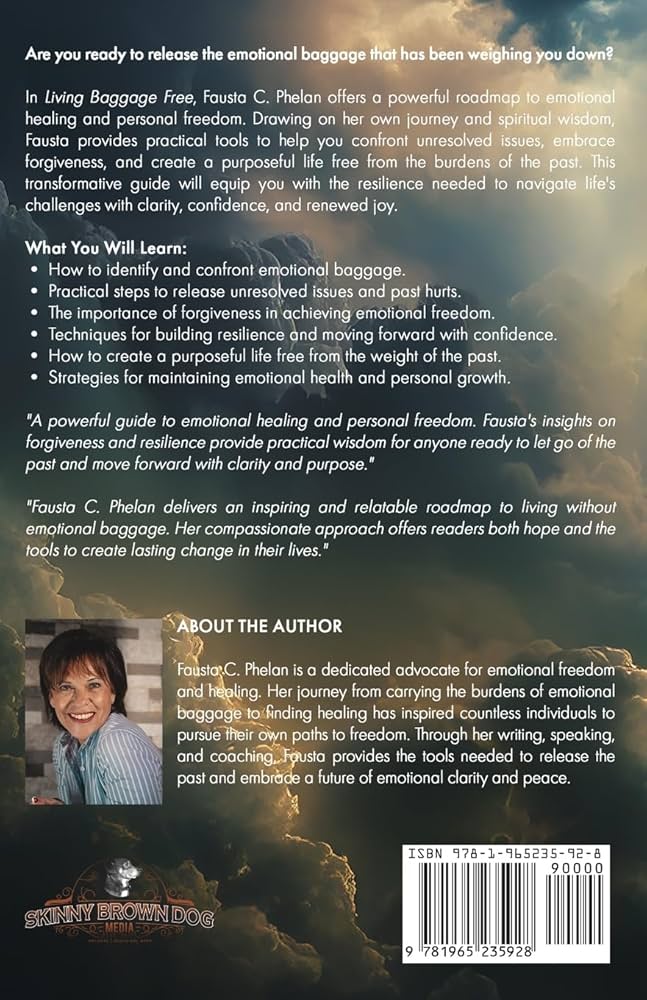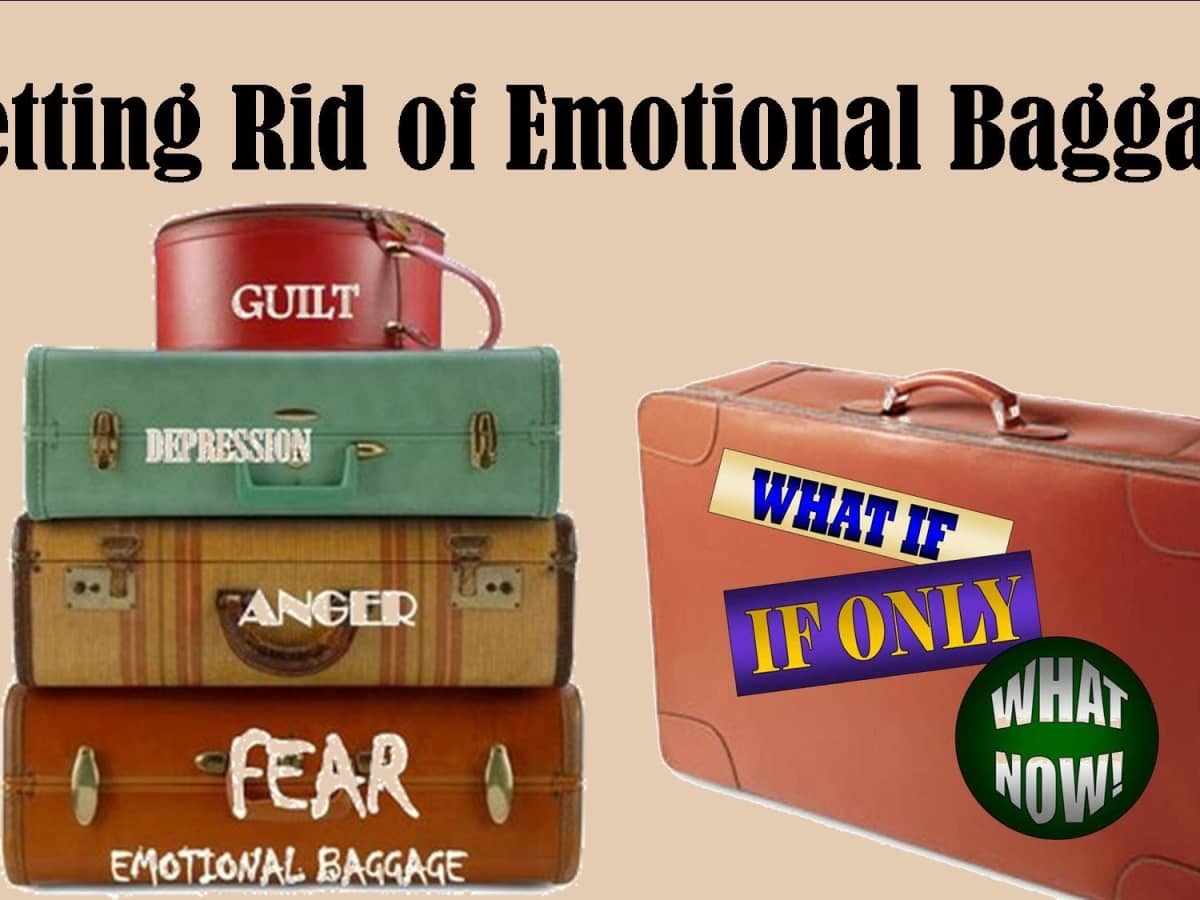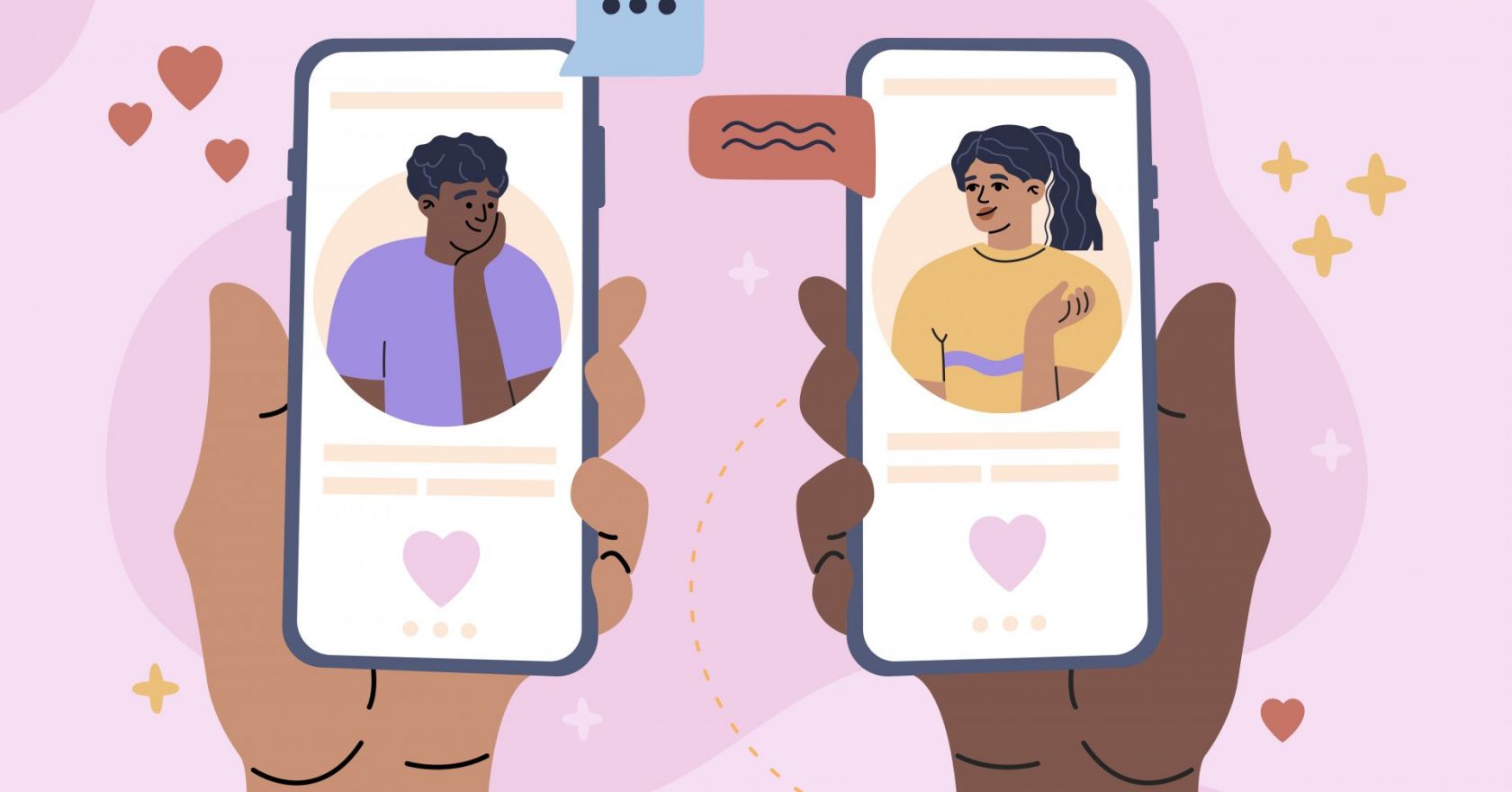
Understanding Emotional Baggage
Definition of Emotional Baggage
Emotional baggage refers to the unresolved issues and emotional weights we carry from past experiences. This can stem from traumatic events, toxic relationships, or even childhood experiences that influence one’s emotional state and reactions in current situations. For instance, someone who has experienced betrayal may develop trust issues that affect their future relationships.
Types of Emotional Baggage
There are several types of emotional baggage one might encounter, including:
- Past Relationship Trauma: Unfinished emotional conflicts from previous partners.
- Childhood Issues: Unresolved feelings stemming from family dynamics or upbringing.
- Loss and Grief: Lingering grief from the loss of loved ones that remains unprocessed.
Impact of Emotional Baggage on Dating
Emotional baggage can significantly affect dating and relationships. For individuals still grappling with their past, common challenges include:
- Fear of Vulnerability: Difficulty opening up to new partners.
- Projection of Insecurities: Misinterpreting your partner’s actions based on past experiences.
- Avoidance: Steering clear of romantic relationships to prevent potential hurt.
Recognizing and acknowledging emotional baggage is the first step in overcoming its impact on dating.

Self-Reflection and Awareness
Identifying Your Emotional Baggage
Before one can heal from emotional baggage, it’s essential to identify it. This process often involves reflecting on past experiences and recognizing which events still impact present feelings and behaviors. For example, someone might notice they feel anxious every time their partner is late, signaling unresolved trust issues. Journaling can be an excellent tool for this step, allowing individuals to pinpoint specific events that trigger strong emotions.
Understanding Triggers and Patterns
Understanding what triggers certain emotions can illuminate patterns in behavior. Common triggers include:
- Specific Situations: Such as arguments that echo past conflicts.
- People: Interactions with individuals who remind you of past hurt.
By observing these patterns, one can begin to understand why emotional responses occur. For instance, you might realize that conflict triggers a fight-or-flight response rooted in a childhood home environment characterized by chaos.
Seeking Therapy or Counseling
Engaging with a therapist or counselor can provide invaluable support. A professional can help unpack emotional baggage through techniques like cognitive behavioral therapy (CBT), guiding individuals in reframing negative thought patterns. Additionally, therapy offers a safe space to express emotions and gain insights into personal experiences, ultimately fostering growth and healing.

Healing Strategies
Practicing Self-Care and Self-Compassion
Now that you’ve identified your emotional baggage, it’s crucial to nurture yourself through self-care and self-compassion. This can involve engaging in activities that bring joy and relaxation, such as:
- Mindfulness Practices: Meditation and yoga to help center your thoughts.
- Physical Activity: Regular exercise improves mood and reduces stress.
- Creative Outlets: Painting, writing, or music can provide emotional expression.
Additionally, practicing self-compassion means treating yourself with the same kindness you’d offer a friend going through a tough time. Remind yourself that healing is a journey, not a destination.
Setting Boundaries
Another key aspect of healing is learning to set healthy boundaries. This can protect emotional space and foster healthier relationships. For example, if certain topics make you uncomfortable, communicate that to your partner. Create clear boundaries around time, energy, and emotional availability.
Developing Healthy Coping Mechanisms
Finally, it’s essential to replace destructive coping mechanisms with healthy ones. Instead of reaching for unhealthy comforts like excessive social media use or binge eating, consider:
- Journaling: Capturing your thoughts and feelings can clarify what you’re experiencing.
- Deep Breathing Exercises: Quick relaxation techniques during stressful moments.
- Social Support: Engage with friends or support groups that encourage positive dialogue.
Implementing these strategies can bolster emotional resilience and promote a healthier, more fulfilling life.

Letting Go and Moving Forward
Forgiveness and Acceptance
Having developed healthy coping mechanisms, the next vital step in the healing journey is letting go of past hurts through forgiveness and acceptance. Forgiveness isn’t about excusing someone else’s behavior; rather, it’s about freeing yourself from the shackles of anger and resentment. For instance, reflecting on an old relationship that left you heartbroken can be difficult, but recognizing that everyone grows and makes mistakes is essential.
- Practice Gratitude: List the lessons learned from painful experiences.
- Release Negativity: Write a letter to your past self to articulate feelings and perspective.
Rebuilding Self-Esteem and Confidence
Following forgiveness, focus on rebuilding your self-esteem and confidence. Begin with small, achievable goals that allow for gradual improvement.
- Celebrate achievements, no matter how minor.
- Engage in activities that align with your strengths, whether it’s volunteering, picking up a hobby, or pursuing a career passion.
Investing in personal growth fosters a sense of self-worth, making it easier to navigate new relationships.
Opening Yourself Up to New Relationships
Finally, as self-confidence grows, it’s time to embrace the possibility of new relationships. You might start with:
- Expanding Your Social Circle: Attend events where you can meet new people.
- Vulnerability: Be open to sharing your past experiences—this practice can deepen connections and emotional intimacy.
Letting go of emotional baggage invites healthier, more fulfilling relationships into your life, all while equipping you with the strength and insight to nurture them.

Building Healthy Relationships
Communication Skills
With emotional baggage shed and new relationships on the horizon, strong communication skills become essential. Effective communication allows partners to express needs, resolve conflicts, and deepen connections. Start by practicing active listening—truly paying attention to what your partner says without formulating a response mid-conversation.
- Use “I” Statements: Phrase feelings as personal experiences to avoid placing blame. For example, say “I feel hurt when…” instead of “You always…”.
- Ask Open-Ended Questions: This encourages sharing, making discussions richer.
Honesty and Trust
Honesty is the foundation of trust in any relationship. Openly sharing thoughts and feelings creates a safe space for partners to be vulnerable. Reflect on past experiences where honesty strengthened a bond or, conversely, where deceit led to distance.
- Be Transparent: Regularly share your thoughts and feelings, even when it feels uncomfortable.
- Follow Through: Consistent actions aligned with your words help build a trustworthy dynamic.
Taking Things Slow
Lastly, taking things slow is incredibly beneficial. Rushing into a relationship might reignite old patterns. By pacing the relationship, each partner has room to express themselves comfortably.
- Enjoy date nights: Focus on enjoying each moment without pressure.
- Set Milestones: Discuss where you both are in the relationship to ensure mutual comfort.
These practices foster healthy emotional intimacy, leading to more meaningful connections.
Conclusion and Next Steps
Reflecting on Your Growth
As you conclude your journey of understanding and healing emotional baggage, it’s crucial to take some time for self-reflection. Consider how far you’ve come in recognizing your patterns and implementing healthy strategies. You might write in a journal about significant changes you’ve noticed in your relationships or even create a timeline of your emotional growth.
- Identify Milestones: Celebrate achievements—big or small—that demonstrate progress.
Embracing a Positive Dating Mindset
Adopting a positive dating mindset is vital as you move forward. Approach new connections with optimism rather than fear. Remind yourself that past experiences don’t dictate future outcomes. Challenge negative thoughts with affirmations, such as, “I am worthy of love” or “Healthy relationships are possible.”
- Visualize Success: Picture yourself in fulfilling relationships that grow over time.
Resources for Ongoing Support
Finally, investing in your continued growth is essential. Seek resources like:
- Books: Titles on emotional intelligence and relationship building.
- Support Groups: Engage with people who share similar experiences to foster a sense of community.
- Therapists: Professionals who can guide you further on your healing journey.
With these tools in hand, you will continue to cultivate healthy relationships and enrich your life with positive connections.
